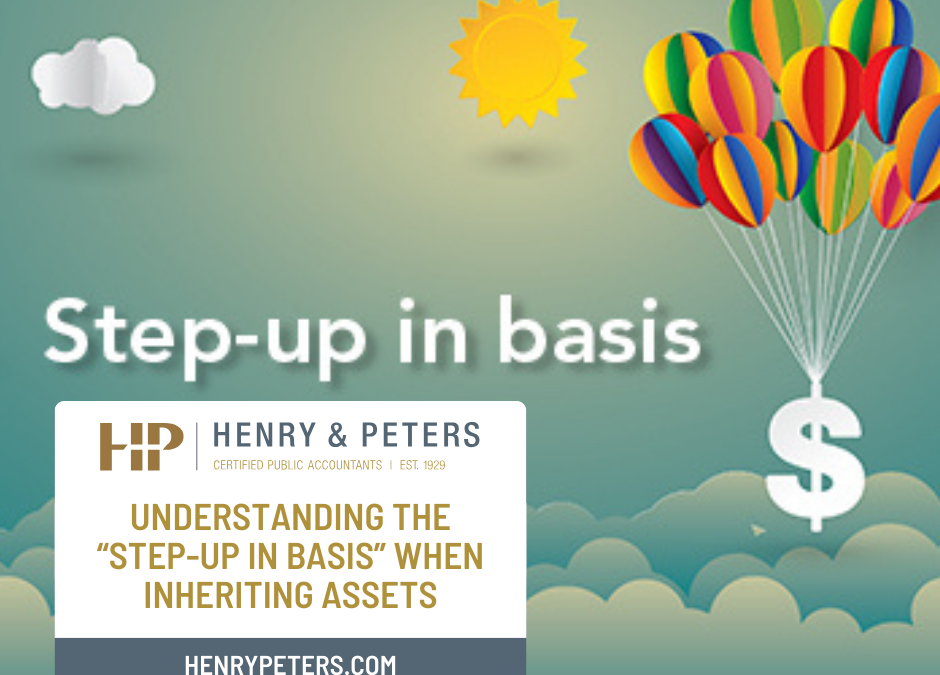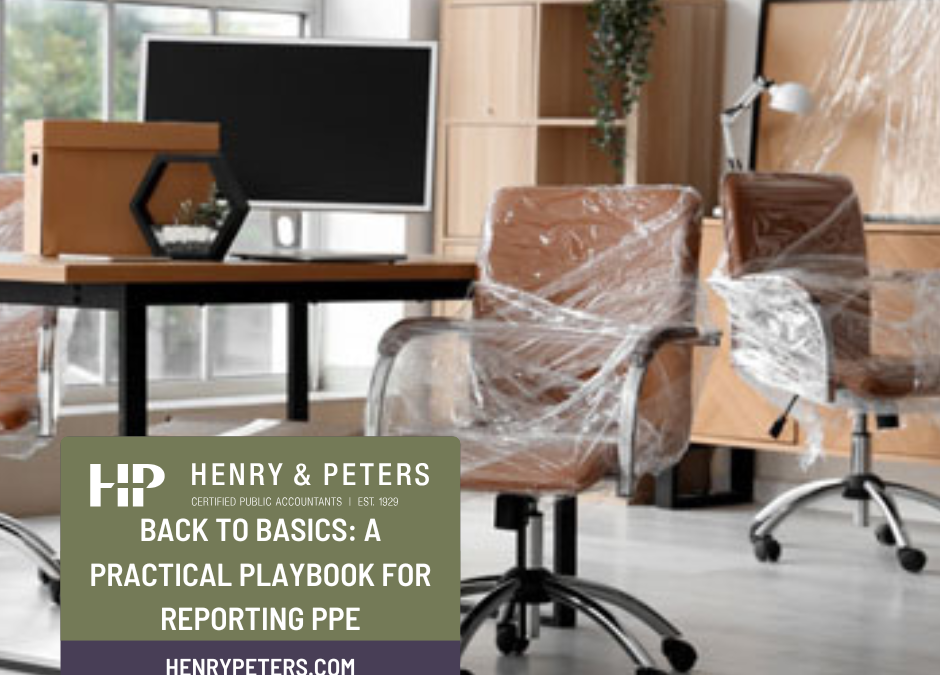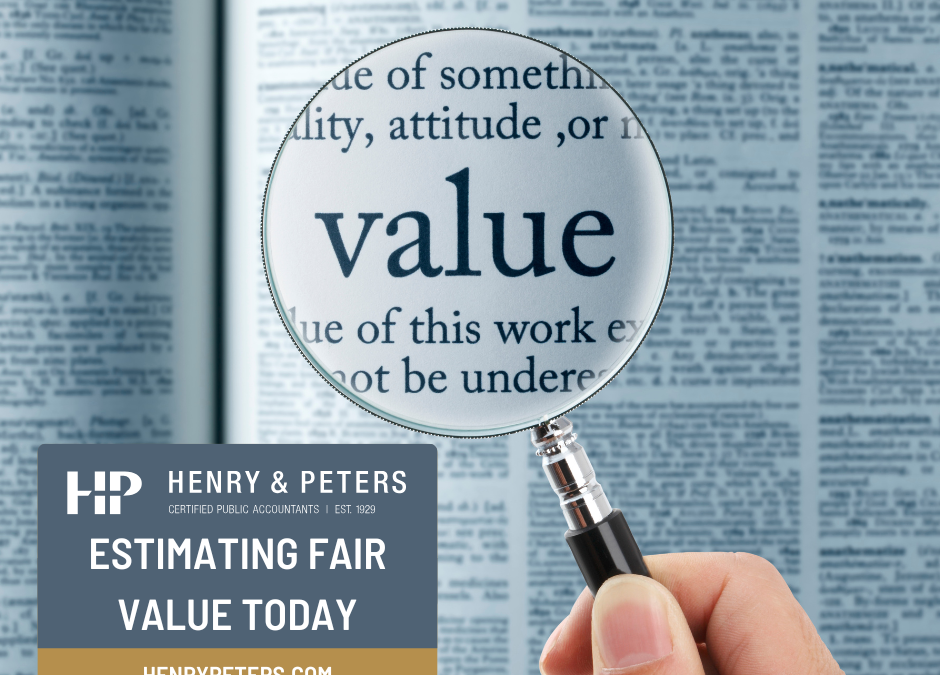Your business can set up an educational assistance plan that can give each eligible employee up to $5,250 in annual federal-income-tax-free and federal-payroll-tax-free benefits. These tax-favored plans are called Section 127 plans after the tax code section that...
Blog
Determining “reasonable compensation” is a critical issue for owners of C corporations and S corporations. If the IRS believes an owner’s compensation is unreasonably high or low, it may disallow certain deductions or reclassify payments, potentially leading...
In recent years, interest rates have increased and credit has tightened. Under these conditions, which are expected to persist in the coming months, securing a commercial loan can be challenging for businesses of all sizes. Whether you want to expand, stabilize your...
With new tariff structures looming and global trade relationships in flux, businesses face rising uncertainty in supply chain costs and inventory planning. As countries iron out the details of future U.S. trade agreements, companies must proactively manage their...
If you inherit assets after a loved one passes away, they often arrive with a valuable — but frequently misunderstood — tax benefit called the step-up in basis. Below is an overview of how the rule works and what planning might need to be done. What “basis” means...
Suppose you’re thinking about setting up a retirement plan for yourself and your employees. However, you’re concerned about the financial commitment and administrative burdens involved. There are a couple of options to consider. Let’s take a look at a Simplified...
Understanding your business’s financial health is essential for long-term success. QuickBooks® offers a powerful reporting tool suite that can provide critical insights to support decision-making and help you comply with accounting and tax rules. Accrual-basis...
Once your 2024 tax return is in the hands of the IRS, you may be tempted to clear out file cabinets and delete digital folders. But before reaching for the shredder or delete button, remember that some paperwork still has two important purposes: Protecting you if the...
Under U.S. Generally Accepted Accounting Principles (GAAP), property, plant and equipment (PPE) assets aren’t immediately expensed. Instead, they’re capitalized on your company’s balance sheet and gradually depreciated over their useful lives. While that sounds easy...
Many balance sheet items are reported at historical cost. However, current accounting standards require organizations that follow U.S. Generally Accepted Accounting Principles (GAAP) to report certain assets and liabilities at “fair value.” This shift aims to enhance...









